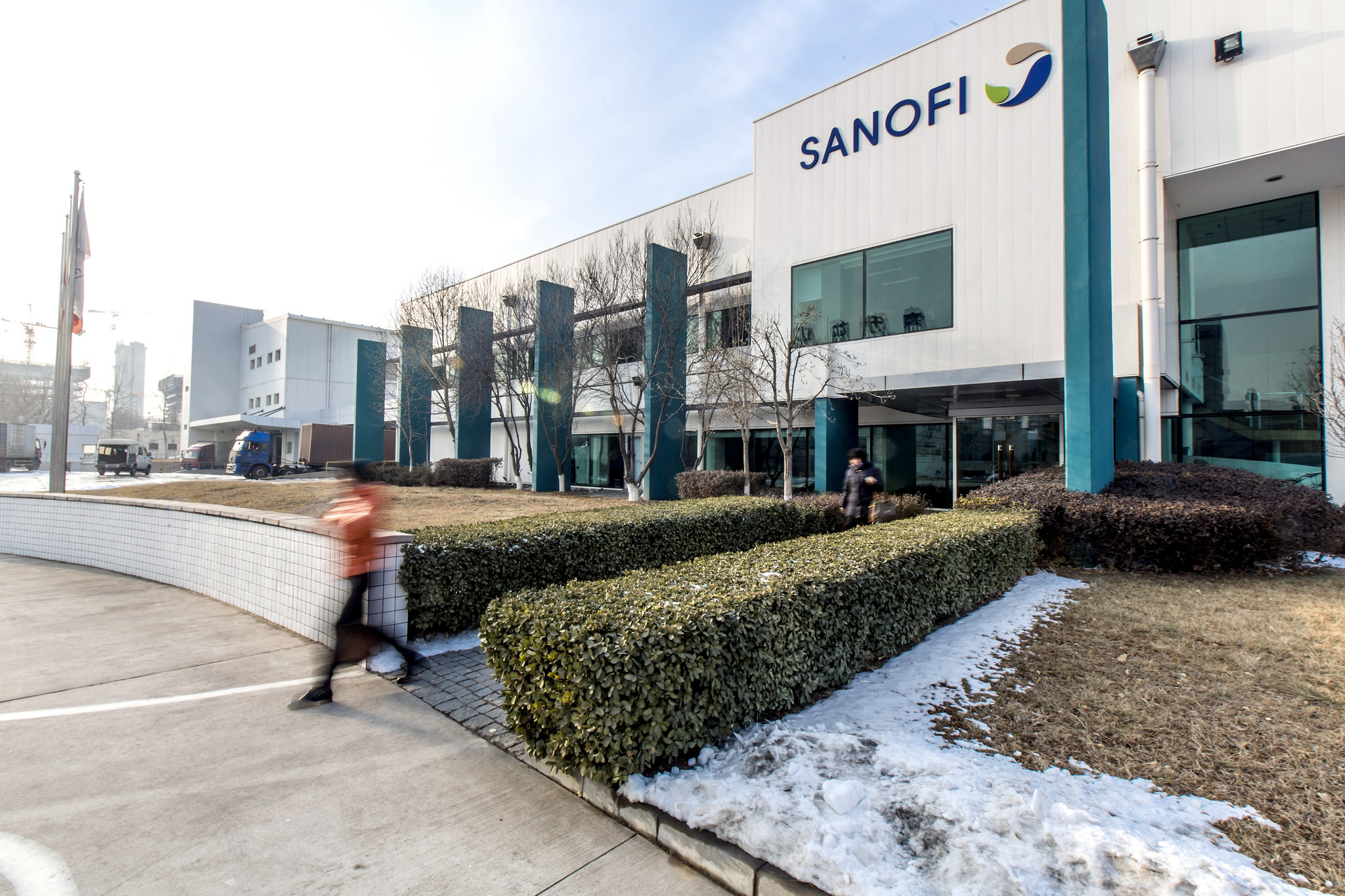Sanofi takes a hit as hotly tipped breast cancer drug fails trial

Shares in Sanofi were on the slide this morning after the drugmaker revealed that one of its top pipeline prospects – selective oestrogen receptor degrader (SERD) amcenestrant – stumbled in a mid-stage breast cancer trial.
The phase 2 AMEERA-3 trial was testing amcenestrant in women aged 18 and over with hormone receptor-positive, HER2-negative advanced breast cancer, and showed no benefit in progression-free survival for the drug compared to physician’s choice endocrine therapy.
As AMEERA-3 was potentially a registrational trial it's a setback for Sanofi in what is shaping up to be a highly competitive race to market among SERD drugs, a group which also includes Roche's giredestrant, AstraZeneca's camizestrant and Radius Health's elacestrant.
Analysts at Jefferies have previously said that the market for SERD drugs could be worth at least $2 to $3 billion a year.
AMEERA-3 compared amcenestrant as monotherapy compared to endocrine treatment of their doctor's choice in patients who had progressed after earlier hormonal therapies.
The failure is in contrast to the results of the AMEERA-1 study last year, which had Sanofi extolling the potential of amcenestrant and saying it could become a cornerstone of therapy for HR+/HER2- breast cancer therapy.
AMEERA-1 looked at the SERD in combination with Pfizer's approved CDK4/6 inhibitor Ibrance (palbociclib) in an older group of post-menopausal women who had previously received hormonal therapies.
Sanofi's head of R&D John Reed noted that AMEERA-3 involved a patient population with advanced disease where limited treatment options remain.
"While we are disappointed with the AMEERA-3 results, we continue to investigate amcenestrant in patients with earlier stages of breast cancer with different tumour profiles and where different standard of care treatments are used," he said.
All eyes are now in AMEERA-5, a phase 3 trial of amcenestrant plus Ibrance as a first-line therapy for HR+/HER2- breast cancer, and AMEERA-6 which is looking at the potential of the SERD as adjuvant therapy for early-stage breast cancer.
AMEERA-5 is full enrolled with results due in early 2024, while AMEERA-6 is still recruiting patients with a final readout not scheduled until 2026.
Sanofi maintains that amcenestrant has a potentially best-in-class profile, particularly as its safety data seems to be free of side effects that gave plagued other drugs in the class, including cardiac and vision issues.
Investors were rattled by the setback however, and Sanofi's shares were down around 4% in mid-morning trading today.












